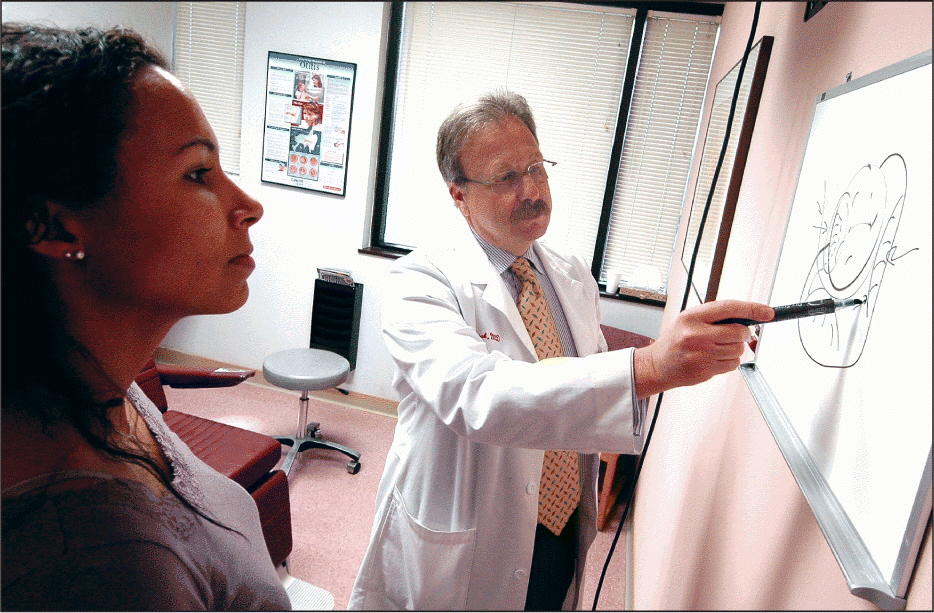
Explore This Issue
April 2009Cleave to Core Mission
The Department of Otolaryngology has seen patients under different names and settings since the 1960s; University ENT was established as a practice in 1990 specializing in otolaryngology-head and neck conditions. The practice includes attending physicians, physician assistants, fellows, and residents, and also has a Voice and Swallowing Center, a Hearing and Balance Center, a Sinus and Allergy Center, and a growing Adult Airway Reconstruction Program.
All the practice’s marketing efforts revolve around the core mission: optimizing the care of patients. At University ENT, this core mission translates to myriad steps the clinicians and office staff practice continually. Dr. Pensak says that his practice has incorporated a hybrid version of the Ritz-Carlton or Nordstrom’s mindset: We recognize that, at times, having the surgery or seeing the doctor may not be the most important part of the patient’s visit. I’ve always maintained that some of the most important people are our front desk personnel. They’re the ones putting out the fires when we’re running late; they’re the ones that have to make the decision to fit in patients who are really ill. Dr. Pensak added that the practice never dismisses patient complaints without follow-up. Dissatisfied patients hear directly from the office manager or the physician involved, he said.
Personnel have been empowered to optimize the patient experience, and office-wide policies also underscore this emphasis. For instance, the office does not use a telephone routing service. When patients call, an office staff member answers. These staff members are equipped with multiple information sheets in order to answer patients’ questions. If the question is outside the office person’s bailiwick, he or she researches the question, finds the answer, and calls the patient back within a short time. The clinic’s office hours are designed to accommodate patients’ busy lives, with late afternoon, early evening, and Saturday office hours. University ENT also maintains a satellite clinic for patients who prefer to visit a smaller office.
Referral Relationships All-Important
Dr. Pensak and University ENT managing partner Allen Seiden, MD, are attentive to maintaining and building reciprocal referral relationships. They recognize that community-based physicians may sometimes be reluctant to refer patients to a university practice, and may fear that once patients have been seen for a specific problem, they will not be returned to their own practices. University ENT does not put itself in a competitive situation with area otolaryngologists in private practice. We are very fortunate to have a talented group of gifted general otolaryngologists in the Cincinnati area, Dr. Pensak pointed out. Many of these physicians trained at UofC. We rely on these guys to be supportive of the mission of the residency program in the academic department, and have been the beneficiaries of their referrals, he reported.
Leave a Reply